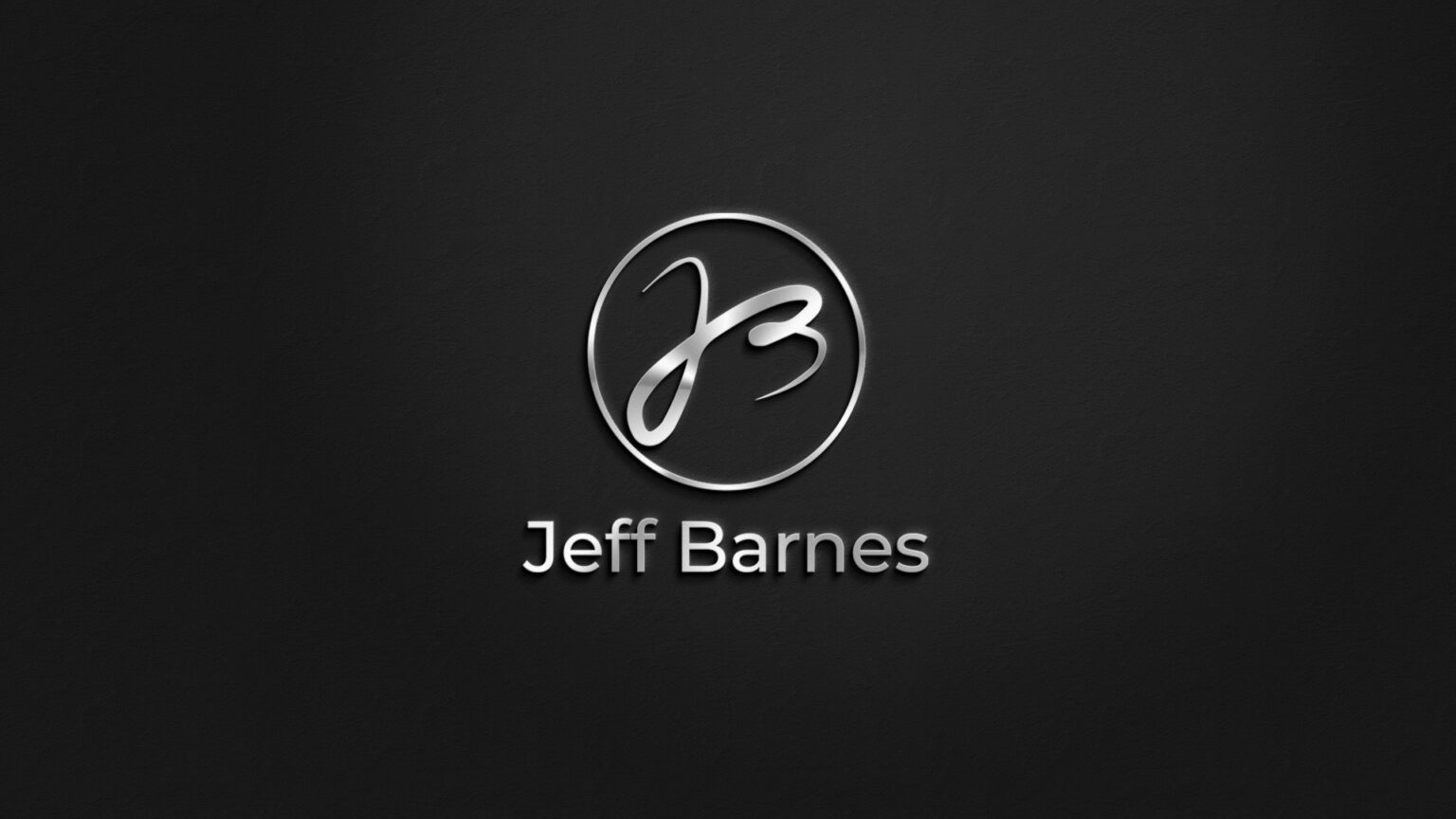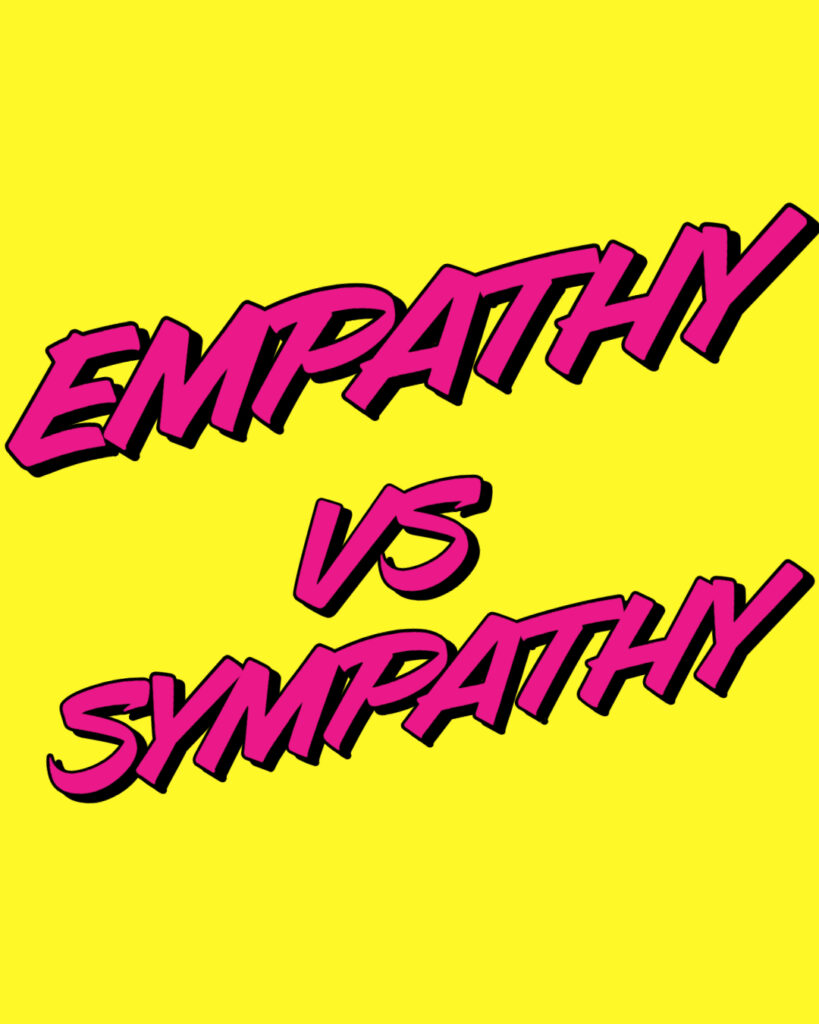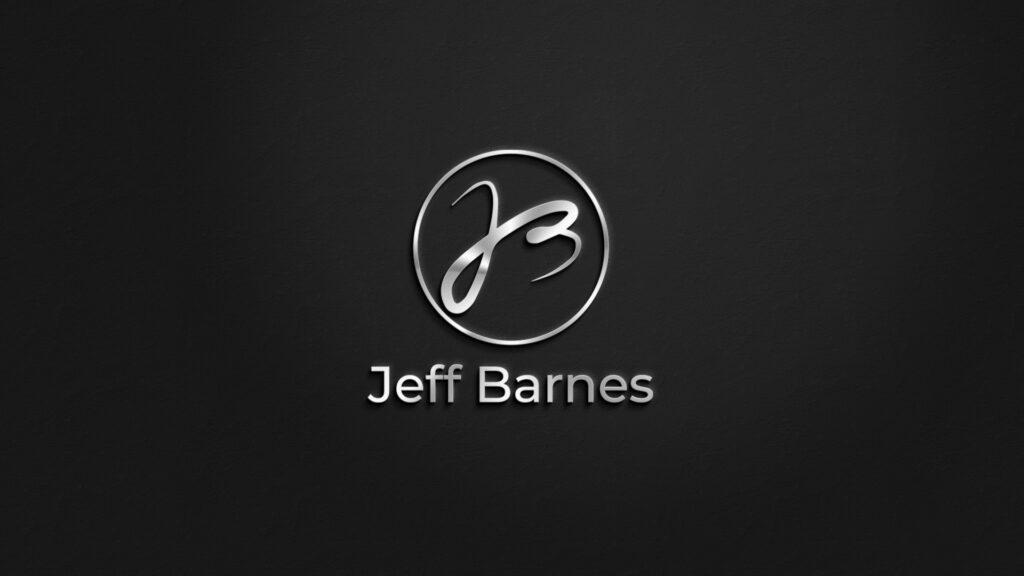I deal with people’s problems for a living: their embarrassing secrets, their catastrophic mistakes. The bankruptcy that no one saw coming, the wife who’s left with a mountain of debt when her husband runs off, the ruined careers and destroyed homes. Because I deal with so much dirt, I often see way more of a client’s baggage than I’d like.
Sometimes I feel like I see too much. Sometimes I don’t press a client to tell me too many details about their life because I’m already holding onto enough dirty laundry to last me a lifetime. I didn’t realize that becoming an attorney would make the caretaker of so many secrets, and I definitely don’t need or want any more.
But even though it can be just plain exhausting to sort through someone else’s baggage, sometimes that backstory is exactly what you need in order to figure a person out. You might not want to know more about the unpleasant people in your life, but learning the facts of their story just might be the solution to your problems.
Human behavior has me constantly puzzled, especially when it comes to certain clients. One of them had a habit of falsely reporting burglaries and fires to the police. Another went to great lengths to terrorize her school over a parking spot. I wish I could say that these were the weirdest behaviors I’ve witnessed in the course of my career, but really, they’re just the tip of the iceberg.
When we come across strange characters, we have options for how to handle them. One approach is sympathy. To me, sympathy is a surface-level emotion. It means you feel bad for someone when you see how their erratic behavior has adversely impacted their life, but that’s about it. Sympathy is a bunch of warm, fuzzy emotions, and while it might make you feel like a more generous and understanding observer, sympathy won’t help you make sense of another person’s life. In other words, sympathy might be a nice feeling to have, but it won’t solve your problems. Sympathy is a sugar-coated retreat.
Empathy is a different approach, and it can help you get more done because it goes beyond the nice, warm fuzzies. Empathy is the attempt to really feel your way into another person’s life. It means that you’re really, truly trying to understand the experiences and emotions that might cause a person to behave the way they do. Instead of writing a person off as hopelessly unreasonable, you ask a few more questions and see if the answers can help explain a few things.
Think about all the so-called crazies you might encounter in the course of your day. You might have to deal with a particularly stubborn co-worker or a neighbor who never listens. While it would be easy enough to write them off as irrational, you’ll probably gain some useful data on these people if you simply ask a few questions and listen. You might discover that your coworker is always so bossy because he was passed up for a promotion and his aggressive behavior is a misguided attempt to assert his office authority. Maybe your neighbor who always wants to pick a fight over the state of your yard is in the midst of a crushing break-up. None of these circumstances make their behavior acceptable, but these backstories can help explain their motives and offer you some insight about how to move forward.
Practicing empathy isn’t hard. It’s what you do when you hear a person’s story, have an emotion, and then act on that emotion in a genuine way. The simple act of asking a person how they are can accomplish a lot. Brief, basic statements like I can’t imagine how difficult your divorce must be or You really deserved that promotion can help you build a bridge with a difficult person, and these types of sentiments can also diffuse an otherwise tense conflict. Sometimes a belligerent person will deflate a little bit once they release all the angry wind in their sails.
But here’s the key: Dealing with a difficult person requires more than simply feeling bad for them. Connecting with person means connecting with their feelings and experiences. If you can feel with another person, instead of just feeling bad for them, you’ll be able to offer the right words, diffuse tensions, and build a useful connection.
That said, practicing empathy takes a certain amount of energy. I know what it’s like to be at the end of your rope, to feel way too exhausted to deal with someone else’s drama. If you’re anything like me, maybe you feel like you already see way too much of the difficult people in your life. Trust me, I get it.
But if you’re smart, you’ll learn to see when it might be advantageous to turn on your empathy instead of turning away. Knowing when to lean closer and ask a few questions instead of retreating might be a challenge, but I guarantee it’ll make those tricky relationships a bit easier to navigate, and the rewards will be worth the effort. Once you can smooth out those otherwise tense relationships, your life will get a whole lot easier.


